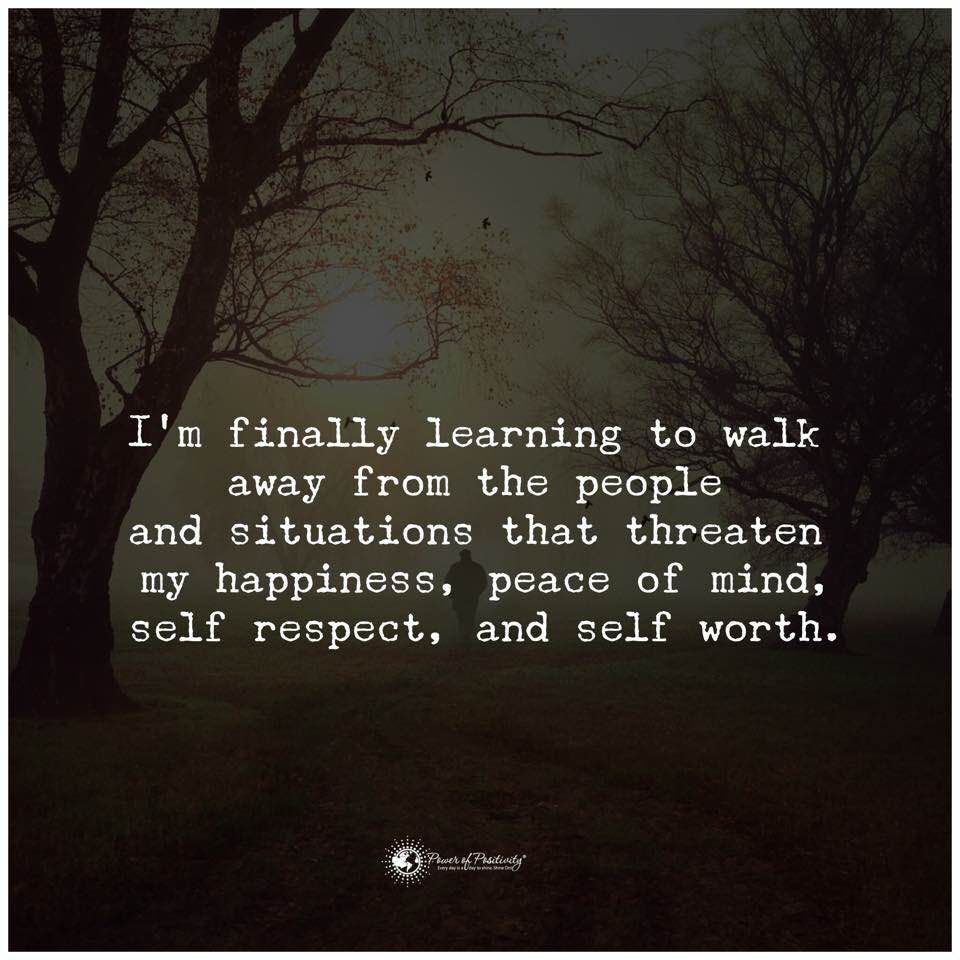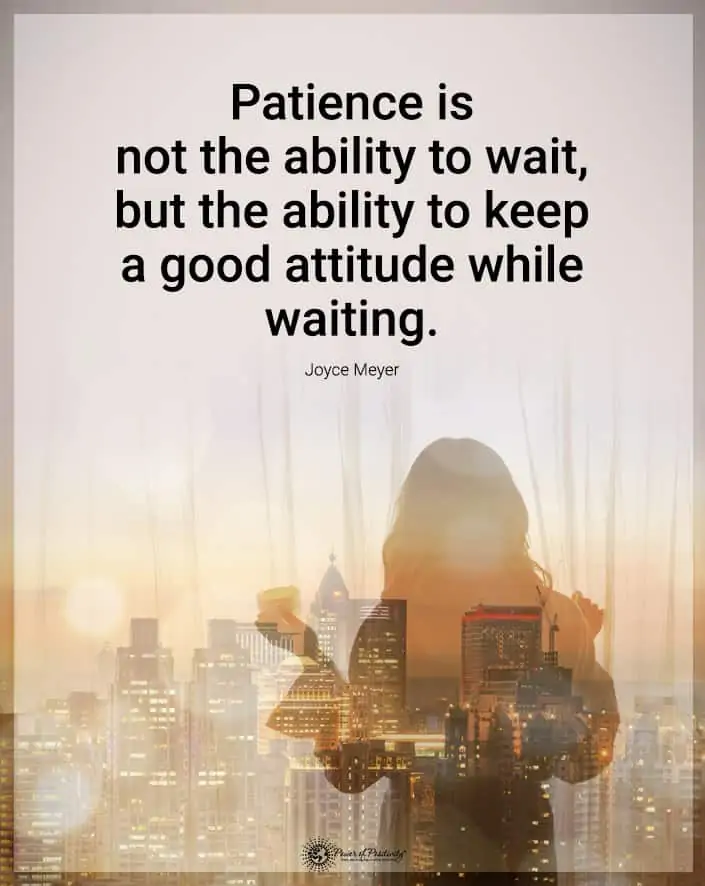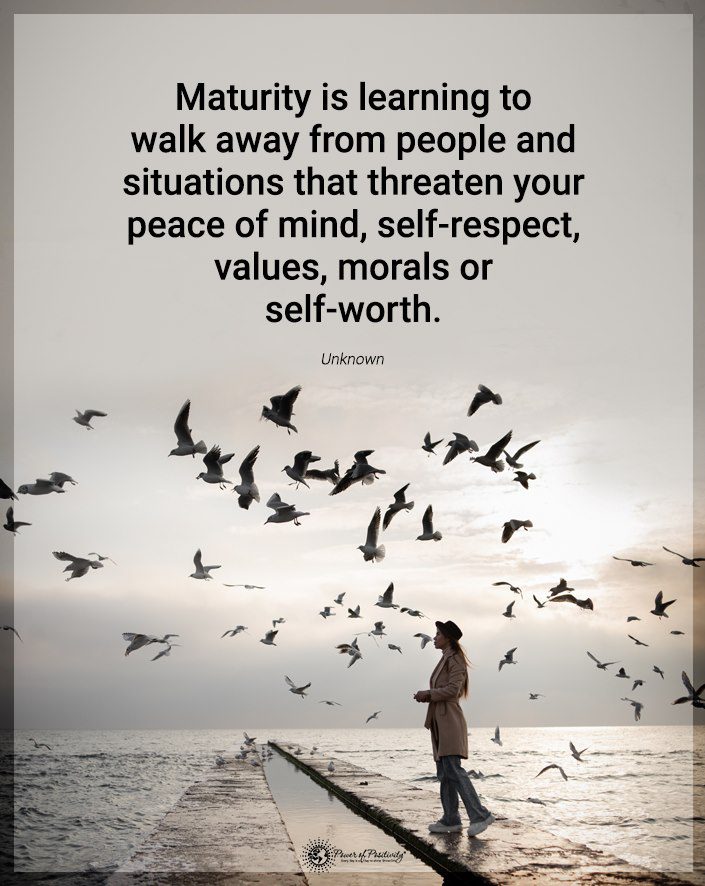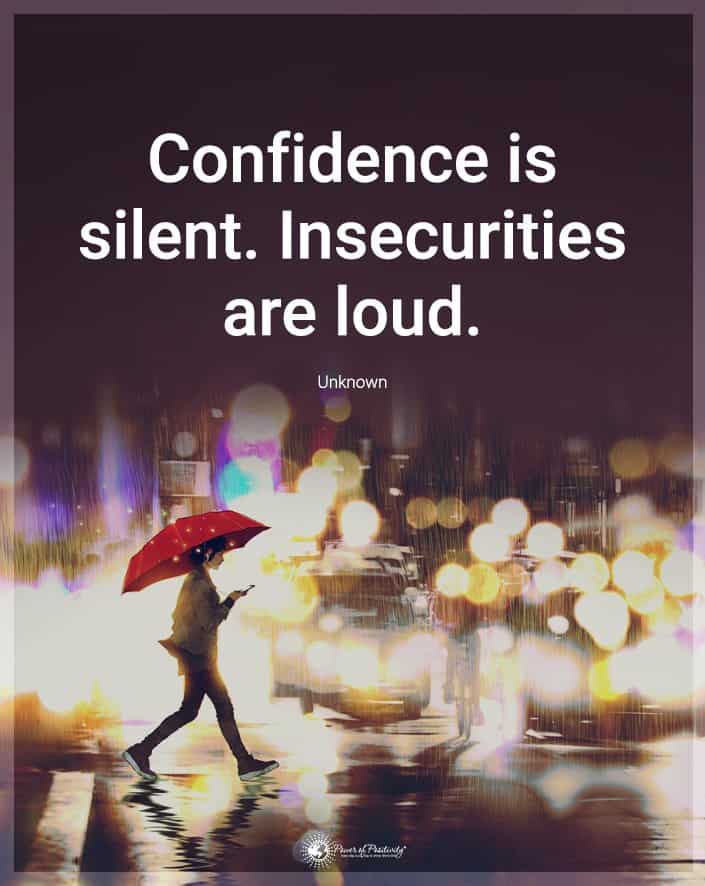As we go through life, we learn and grow – and so do our friends. As we continue to evolve into the best version of who we can be, it is important that we surround ourselves with friends who support us. We don’t need support in the space where we once were, but rather where we are now and where we are going. Because of the changes we make, it might be time to evaluate our friendships and determine which ones are still serving us.
Here are 5 types of “friends” you don’t need in life:

1 – The Complainer
It is exhausting to live in the world of a constant complainer. Something is always wrong, out of place or not up to impossibly high standards. When we spend too much time with a complainer, it becomes easy to start complaining too.
In fact, a recent study of college roommates found that over the course of the school year, students starting the year in a positive frame of mind developed more negative thought patterns when living with a negative roommate.
The problem with keeping chronic complainers in your life is there isn’t anything you can do to help them see the problem. They tend to not view themselves as complainers, and they are resistant to positive reinforcement or advice. The chronic complainer is happiest when the glass is empty.
2 – The Naysayer
Naysayers are all around us. Whether it’s an acquaintance, friend or even family, naysayers live in a constant state of “nay” or “no.” Whatever the suggestion, the idea or the goal, the naysayer responds automatically with “no” and a list of reasons why.
The hard part is figuring out who is a naysayer and who has our best interest at heart. The first step is to be aware that there is such a thing as “naysayer syndrome.”
Naysayer syndrome is the act of verbalizing one’s fears rather than expressing genuine concerns about another person and their situation. Once we know it exists, we can begin to determine who around us needs help.
Naysayers are just afraid. They don’t understand how we do what we do, because they are too afraid to take risks. If you spend too much time surrounded by naysayers, you will soon find yourself with naysayer syndrome.
3 – The Doubter
The doubter is even more dangerous than the naysayer because the doubter appears to be supportive but undermines our efforts by creating doubt in our abilities to complete or tackle the challenge.
The biggest cause of setbacks, failure, or quitting is self-doubt. We begin a project believing that we can do it, that we will be wildly successful, and that if we can’t do something we will figure it out.
Doubters lurk around missteps and hover to quickly point out what went wrong and why it’s best to give up. What’s dangerous is they do it in a way that appears to be supportive but is actually attacking our character, drive, and ambition.
Keep the doubters at bay and surround yourself with friends who believe in you more than you believe in yourself.
4 – The Bragger
We dislike excessive bragging yet when we are proud of an accomplishment, we are excited to share it with our friends. The occasional sharing of personal achievements is normal but when it is extreme, it can be draining on a relationship.
The constant need to brag is often an indication of low self-esteem. While it is necessary to support our friends, we can’t handle providing the attention the bragger needs to feel worthy of our friendship. They need to find that within themselves.
Our role as a friend is to help them by being supportive but not getting caught up in the need to reassure them constantly. If you find yourself paying too much attention to someone else’s accomplishments instead of achieving your own, it might be time to cut the bragger loose.
5 – The Flake
Being a flake is more than standing someone up once, twice, or ten times. Being a flake means putting more importance on posting a picture to Instagram, answering the phone in the middle of a conversation, interrupting someone when they are speaking and all sorts of other disrespectful behaviors.
A relationship with a flake can often feel insignificant, as if it doesn’t matter, because of their behaviors. We owe it to ourselves to surround ourselves with people who show up and stay in the present moment with us.
We have all acted “flakey” at one time or another. However, it is the constant flakiness that will have you doubting the importance of your relationship.
We all need different types of friends who serve us and whom we can serve. When you surround yourself with people who bring different attributes to the table, their and our lives become richer through shared experiences.
 Bottom line: Make sure the experiences you have in friendships are empowering, not draining.
Bottom line: Make sure the experiences you have in friendships are empowering, not draining.







